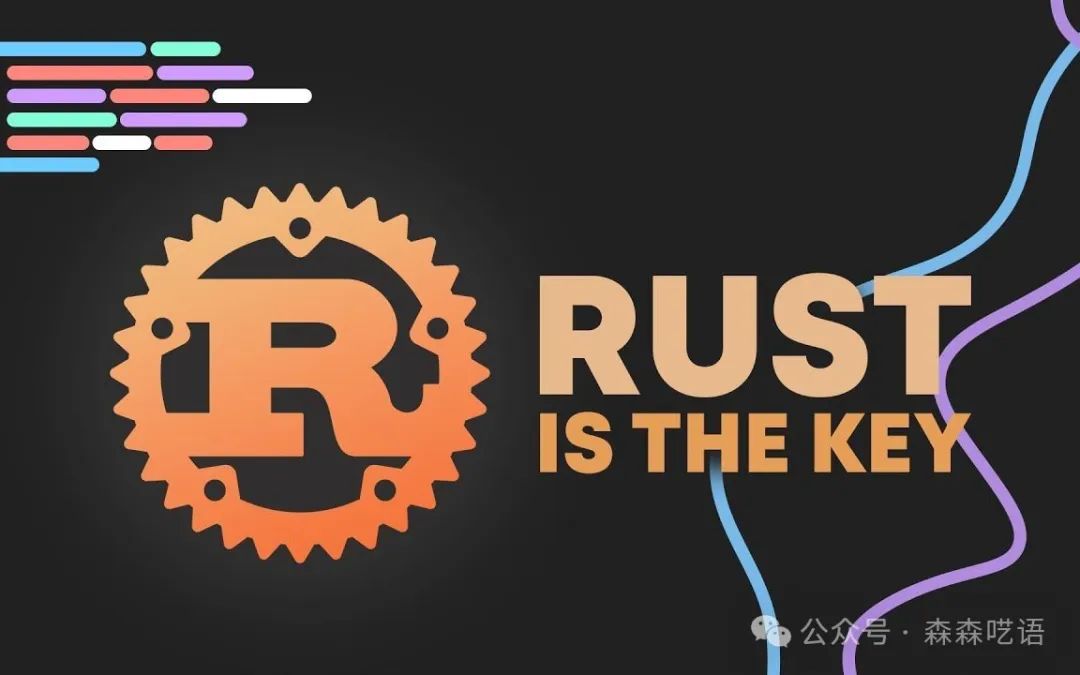Rust is not a simple language; it maximizes both safety and performance. But don’t be intimidated by its reputation. Follow this roadmap, and in a month, you can transform from a novice to a Rust expert. Let’s start planning this learning journey!

Week 1: Build a Strong Foundation
Honestly, the first time I saw Rust code, I was completely confused. But starting with the basic concepts is definitely the way to go:
// Variable declaration
let x = 5; // immutable variable
let mut y = 10; // mutable variable
Focus on understanding these:
-
Variables and Mutability -
Ownership Mechanism (this is the hardest) -
Basic Data Types -
Control Flow
Tip: Don’t rush through this. Take your time with the ownership part; it is Rust’s most unique feature. I stumbled here initially.
Week 2: Dive into Core Concepts
This week, we’ll start getting into some exciting stuff, working with structs and enums:
struct User {
username: String,
email: String,
active: bool,
}
enum Message {
Quit,
Move { x: i32, y: i32 },
Write(String),
}
Key topics to tackle:
-
Structs and Methods -
Enums and Pattern Matching -
Error Handling -
Generics and Traits
Remember, traits are like interfaces in Java, but much more powerful.
Week 3: Concurrency and Practical Application
This week, we’ll get serious:
use std::thread;
use std::sync::mpsc;
let (tx, rx) = mpsc::channel();
thread::spawn(move || {
tx.send("Hello!").unwrap();
});
Key areas to conquer:
-
Threads and Message Passing -
Smart Pointers -
Asynchronous Programming -
Project Organization
Tip: If you encounter compilation errors while coding, don’t panic. The Rust compiler gives very detailed error messages, helping you find bugs.
Week 4: Advanced Features and Real Projects
In the final week, it’s time to get real:
macro_rules! say_hello {
() => {
println!("Hello, Rust!");
};
}
Sprint content:
-
Macro Programming -
Unsafe Rust -
Advanced Features -
Real Project Development
Throughout the learning process, remember to frequently check out examples from Rust By Example; I find it much more useful than just reading books.
Learning suggestions:
-
Code every day; don’t just read without practice -
If you get stuck, ask in the Reddit r/rust community -
Find a small project to practice, like writing a command-line tool -
Look at other people’s code; there are plenty of excellent Rust projects on GitHub
If you encounter difficult concepts, don’t worry. The learning curve for Rust is indeed steep, but once you get through it, the possibilities are endless. After writing more code, those syntax elements that seemed awkward at first will start to feel elegant; that’s the charm of Rust.
Remember: Instead of getting hung up on perfectly understanding every concept, start coding, and revisit problems as they arise. Programming is like that; just reading without practice is always just theoretical.